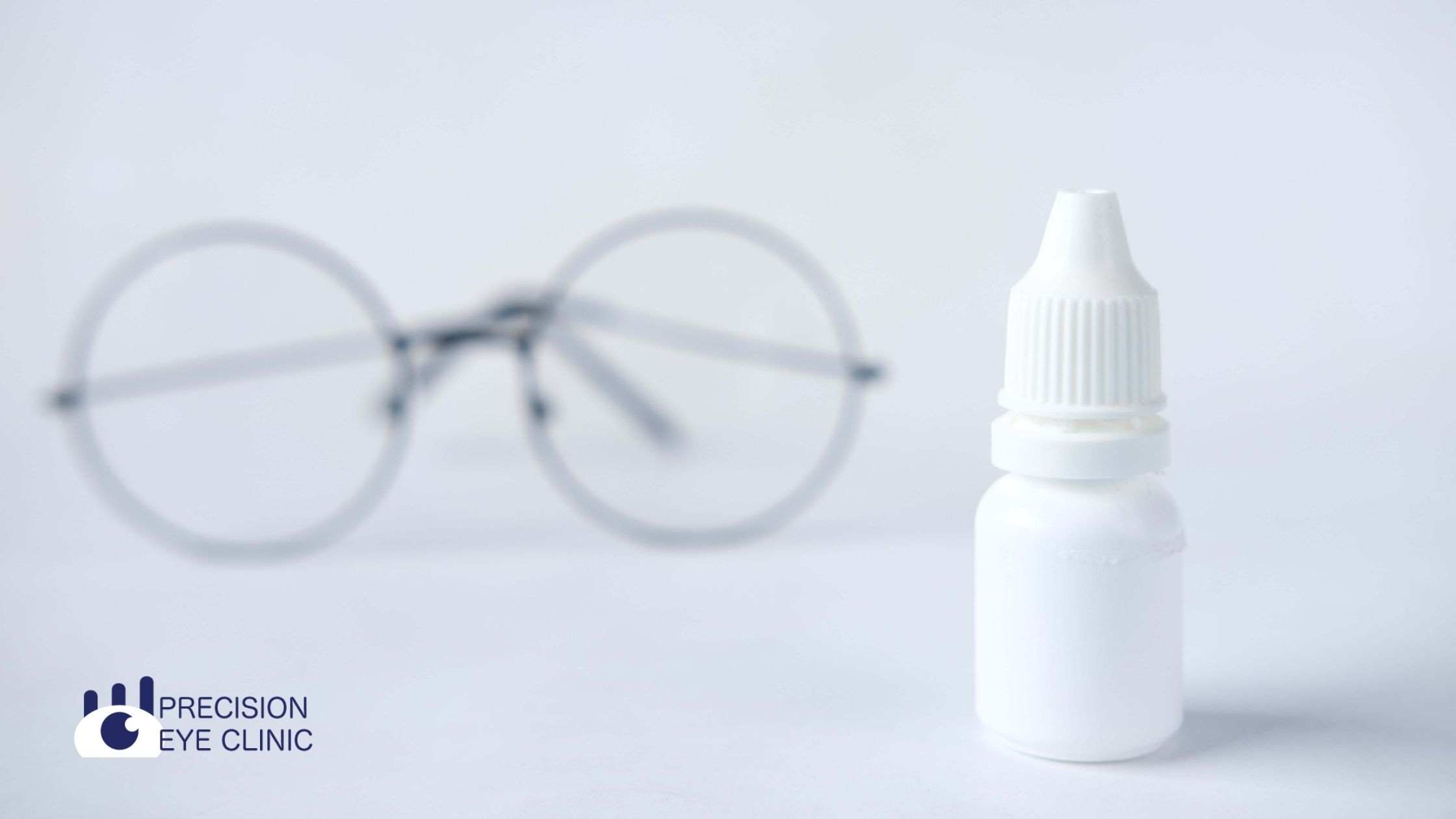The fall is a wonderful time of the year. The leaves change color, producing a tapestry of deep red, brown, and golden hues across your neighborhood. Unfortunately, it’s also one of the driest times of the year, and it’s a nightmare for people who suffer from allergies.
Here are the three most common fall allergies and irritants, and what you can do to stop allergies before they have a chance to ruin your well-being.
- Pollen
Pollen is the top allergy for the fall. Many trees, like the cedar, drop pollen at this time of year. In fact, “cedar fever” is a well-known allergy problem in North-western states. Pollen is a severe irritant to many people, and trees can drop huge amounts of the stuff in the air. - Dust
The fall is a dry time in many states, and the winds kick dust into the air. Dust is another seasonal irritant and cause of allergic reactions. It’s a similar irritant to pollen but not quite as severe. Keeping your windows and doors shut on windy days is the best way to prevent dust and pollen from entering your home. - Mold
Mold lies under the dead leaves dropped by trees, and the wind can disturb it, causing it to float in the air. Mold spores are severely allergenic. Some types of mold, like black mold, contain mycotoxins that set off your allergies and damage your health.
Over-the-Counter Treatments
If you’re dealing with fall allergies, try the following over-the-counter (OTC) and prescription treatments for relief.
Eyedrops
Artificial tears decongestant eyedrops help with resolving “dry eye” and redness caused by seasonal fall allergies. Just don’t take them for longer than a week, as they may amplify your symptoms. Other eye drop formulations such as antihistamine, mast cell stabilizer, corticosteroid, and NSAID options are available for your treatment requirements. Speak to your pharmacist for details on the right one for your condition.
Oral Antihistamines
A pharmacist will dispense this medication for you OTC. However, some antihistamines will dry your eyes out and make them feel worse. Make sure you have eye drops on hand to resolve the dryness.
Prescription Antihistamines
Prescription solutions for your allergy problems include eye drops, allergy shots (immunotherapy), and nonsedating oral antihistamines.


